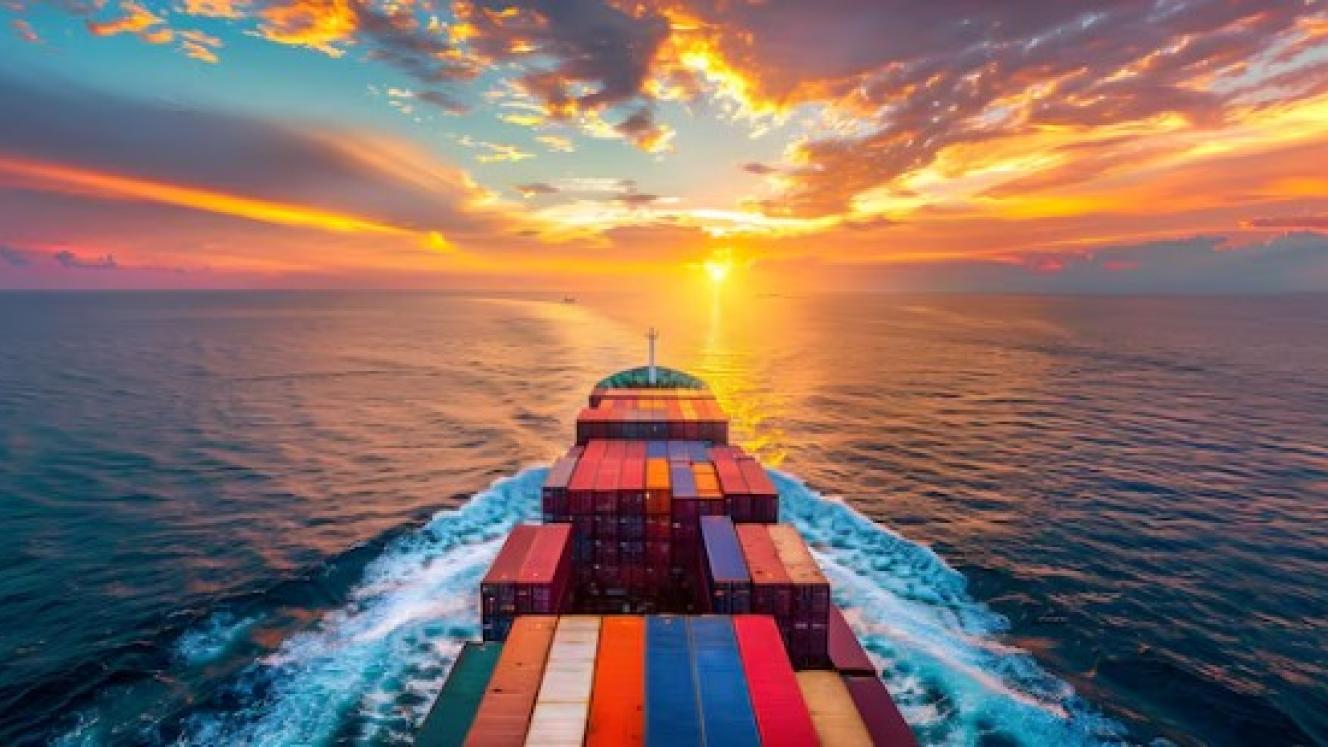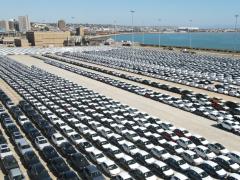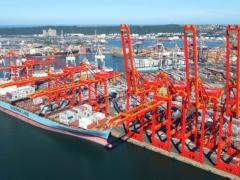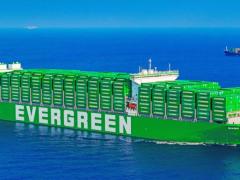Russia’s petroleum exports appear to be as strong as ever, despite Western sanctions and price limits.
According to Maritime Executive, in both the crude and clean tanker segments, Russian energy exporters are loading and shipping as much as ever as the restrictions seem to be making little impact.
Tanker shipbroker Gibson, said Russia had been "relatively successful" in finding vessels to carry its refined products after the EU banned the country’s imports in February. This was due to "notable changes in ownership of the product tanker fleet", such as moving Sovcomflot's foreign-flag fleet to a Dubai-based holding company. The shipbroker estimated that more than 120 medium-range and handy-size tankers had been involved in Russian refined product exports since the sanctions were imposed.
Russia exported more clean products in February 2023 than its average volume last year before the ban, according to Gibson, and more clean tankers are now enroute to Russian petroleum load ports.
Sales of crude exports have been largely to China and India, according to commodities think-tank Kpler, as China imports some Russian crude oil by cross-border pipeline as well as large volumes by sea. India is now buying a large share of the oil Russia previously exported to the EU – about two million barrels a day.
"In a sense, it's not much of a change, because it's only a reshuffling of what was flowing where initially. Europe was buying this. Now India is buying this," Kpler analyst Viktor Katona told Insider.
Around half of the exports are transported on tankers linked to Russia or to the world’s ‘dark fleet’ of grey-market tonnage. According to TankerTrackers.com, a leading authority investigating tanker movements, the growth of this segment has reached the point where one fifth of the world's 900 VLCCs (Very Large Crude Carriers) have been labelled as “up to no good” by researchers.
Based on AIS (Automatic Identification Systems) tracking, satellite images and photography, the site has identified 174 VLCCs engaged in carrying Russian, Venezuelan or Iranian oil in spite of US and EU sanctions.













